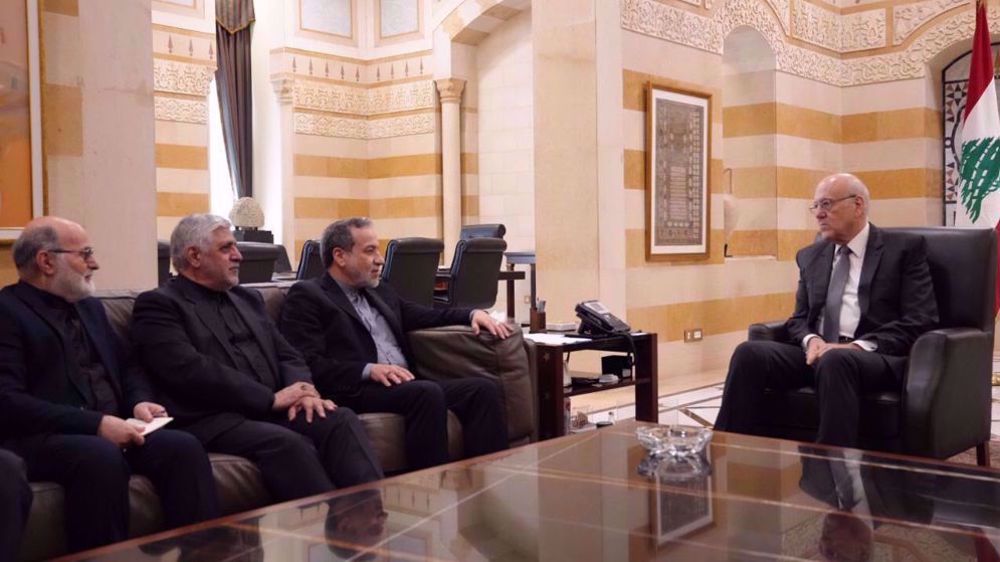Title: Iranian Diplomatic Efforts in Lebanon Highlight Regional Dynamics
In a significant development amidst escalating regional tensions, Mojtaba Amani, the Iranian ambassador to Lebanon, has underscored the importance of recent diplomatic initiatives following a reported terrorist attack that left him injured. Posting on the social media platform X, Amani highlighted the visit of Abbass Araghchi, the Iranian Minister of Foreign Affairs, to Lebanon as a pivotal event with far-reaching implications for the Middle East.
Araghchi’s trip to Lebanon comes at a time of heightened geopolitical strain. Amani, currently receiving medical attention for injuries sustained in the attack involving explosives, described Araghchi’s engagement as both "courageous and significant." He expressed confidence that its impact would be profound for the entire region.
The ambassador’s remarks touch upon Iran’s longstanding policy of supporting Lebanon, particularly through trying circumstances. "Iran has always shown that it will stand by Lebanon in difficult situations," Amani affirmed, reiterating Iran’s commitment to its regional allies.
Amani further emphasized that the "Islamic Republic of Iran will never allow the fate of the region to be changed by America and the illegal Israeli entity." This statement reflects ongoing regional power struggles, notably involving the United States and Israel. Iran has consistently positioned itself in opposition to what it perceives as external interference, advocating for regional sovereignty and aligning closely with the so-called "resistance front."
In his recent meeting with the Lebanese Prime Minister, Araghchi echoed these sentiments, articulating Iran’s steadfast support for Lebanon’s government and its resistance against Israeli aggression and hostility. This diplomatic stance aligns with Iran’s broader strategic objectives in the region, where it aims to bolster alliances and counteract adversarial pressures from opposing regional powers.
The Iranian ambassador’s statements and Araghchi’s diplomatic efforts are part of a larger narrative in which Iran seeks to expand its influence across the Middle East while countering interventions by Western nations and their allies. These efforts take on heightened relevance as Lebanon faces numerous challenges, including political instability and economic hardship.
As these developments unfold, they contribute to the ongoing discourse surrounding the balance of power in the Middle East. The actions of key players like Iran, Lebanon, Israel, and the United States will shape the regional landscape in the coming months and years, as nations navigate complex alliances and confront contentious issues.
For more insight into Iran’s diplomatic strategies in the region, visit Iran’s Ministry of Foreign Affairs.
This unfolding situation underscores the intricate balance of power in the Middle East and the role of diplomatic engagements in addressing longstanding regional conflicts.
